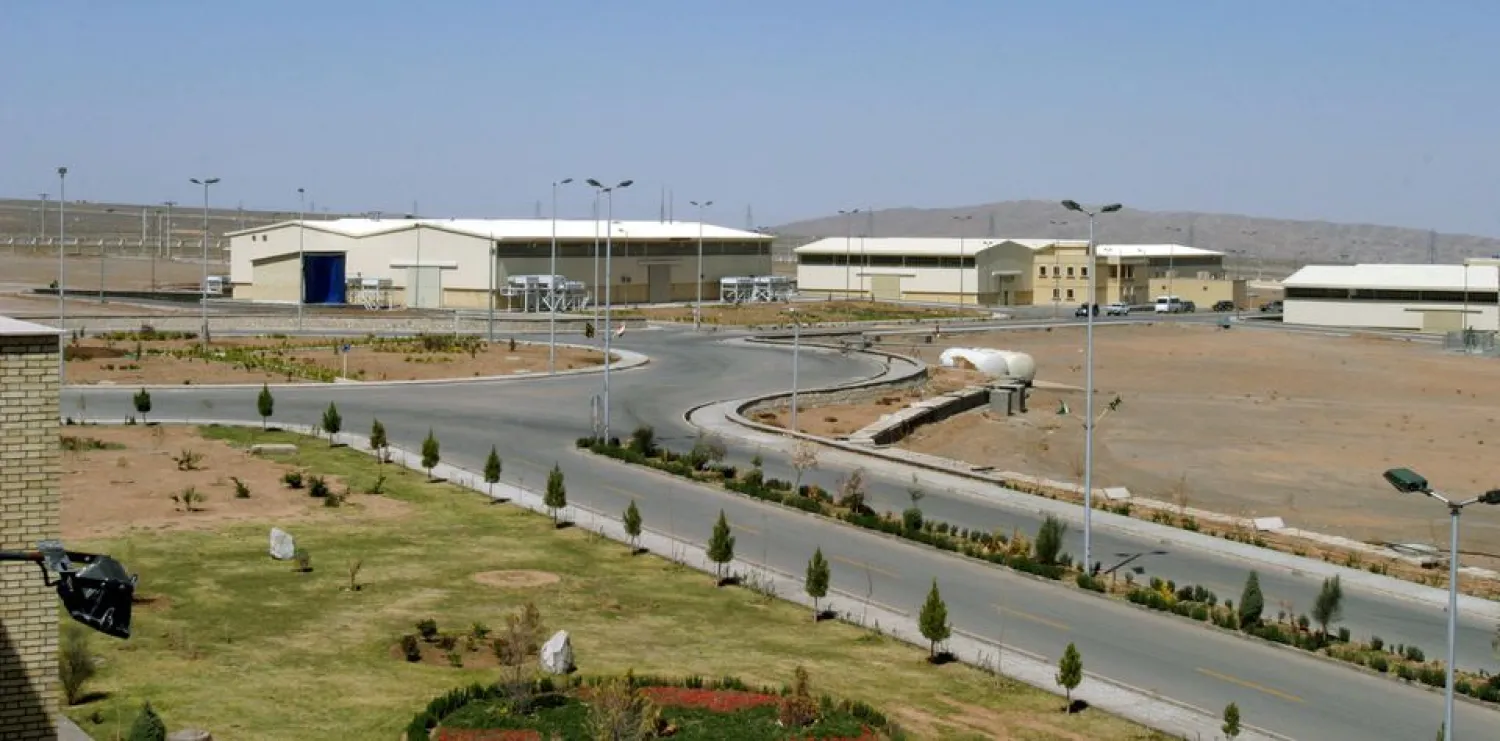Iran’s Supreme National Security Council is working to name the nuclear negotiators, in anticipation of a return to the Vienna talks that are seeking to revive the nuclear agreement.
A member of the National Security and Foreign Policy Committee, MP Fada Hossein Maleki, told Iranian news website Entekhab that the nuclear agreement “is no longer at the top of the regime’s priorities,” explaining that the Supreme National Security Council “will determine the composition of the Iranian nuclear negotiating team.”
Maleki confirmed earlier reports by a spokesman for the Iranian Foreign Ministry about the possibility of forming a joint team between the Ministry of Foreign Affairs and the Supreme National Security Council.
He said he expected that Ali Bagheri, deputy foreign minister for political affairs, to be appointed chief negotiator at the nuclear talks.
Bagheri, a hardline senior diplomat who opposes the nuclear deal, would be replacing Abbas Araghchi as head of the negotiating team.
The Iranian deputy played down recent remarks by Russian envoy Mikhail Ulyanov about 90 percent progress being achieved over the past six rounds. He stressed, however, that Iran would act with a fresh strategy after the formation of the new government.
Maleki noted that the current discussions revolved around the Iranian condition to lift all US sanctions.
“We were asking for this in the previous government, but the nuclear negotiating team considered it a reason for the political delay. Friends in the current government do not recognize this. They want a specific goal for the negotiations,” he added.
President Ebrahim Raisi said in a speech to the United Nations General Assembly that he supported the resumption of negotiations to save the nuclear pact if “its ultimate goal is to lift all sanctions.”









